I missed this over the weekend when it was published but it’s still worth a look if you missed it as well. Saturday Bari Weiss wrote about the stabbing of Salman Rushdie and how it serves as a reminder that once, not so long ago, it was possible to rally authors to defend the cause of freedom of speech against threats of violence. But it seems harder to do now after the rise of woke concerns over “hate speech” and identity politics.
When the fatwa was first issued against Rushdie, the literary world came to his defense.
Let’s remember [Susan] Sontag, president of PEN, in that 1989 moment. Hitchens wrote: “Susan Sontag was absolutely superb. She stood up proudly where everyone could see her and denounced the hirelings of the Ayatollah. She nagged everybody on her mailing list and shamed them, if they needed to be shamed, into either signing or showing up. ‘A bit of civic fortitude,’ as she put it in that gravelly voice that she could summon so well, ‘is what is required here.’ Cowardice is horribly infectious, but in that abysmal week she showed that courage can be infectious, too.
But by 2015, Rushdie was convinced that times had changed. He told a French newspaper that if the fatwa had happened in that year, people would not have come to his defense.
Salman Rushdie has lived half of his life with a bounty on his head—some $3.3 million promised by the Islamic Republic of Iran to anyone who murdered him. And yet, it was in 2015, years after he had come out of hiding, that he told the French newspaper L’Express: “We are living in the darkest time I have ever known.” …
“If the attacks against Satanic Verses had taken place today,” he said in L’Express, “these people would not have defended me, and would have used the same arguments against me, accusing me of insulting an ethnic and cultural minority.”…
When Rushdie made those comments to L’Express it was in the fallout of PEN, the country’s premiere literary group, deciding to honor the satirical French magazine Charlie Hebdo with an award. Months before, a dozen staff members of Charlie Hebdo were murdered by two terrorists in their offices. It was impossible to think of a publication that deserved to be recognized and elevated more.
And yet the response from more than 200 of the world’s most celebrated authors was to protest the award. Famous writers—Joyce Carol Oates, Lorrie Moore, Michael Cunningham, Rachel Kushner, Michael Ondaatje, Teju Cole, Peter Carey, Junot Díaz—suggested that maybe the people who had just seen their friends murdered for publishing a satirical magazine were a little bit at fault, too. That if something offends a minority group, that perhaps it shouldn’t be printed.
The opposition to the award to Charlie Hebdo was eventually signed by 204 authors. Here’s a sample of their letter:
An expression of views, however disagreeable, is certainly not to be answered by violence or murder.
However, there is a critical difference between staunchly supporting expression that violates the acceptable, and enthusiastically rewarding such expression…
Our concern is that, by bestowing the Toni and James C. Goodale Freedom of Expression Courage Award on Charlie Hebdo, PEN is not simply conveying support for freedom of expression, but also valorizing selectively offensive material: material that intensifies the anti-Islamic, anti-Maghreb, anti-Arab sentiments already prevalent in the Western world.
In essence they called the Charlie Hebdo cartoons Islamophobic. The same could have been said, and was said, by critics of Rushdie’s “Satanic Verses.” Rushdie’s life was threatened but at Charlie Hebdo’s offices 12 people were murdered. And still, over 200 authors thought they didn’t deserve to be honored for their commitment to free expression. The cartoonist who created those images for Charlie Hebdo announced he would stop drawing Muhammed shortly after the attack and left the paper a few months later. Since then he also seems to be in hiding. At least it’s difficult to find any recent articles about him or what he’s doing now.
Weiss concludes:
Today our culture is dominated by those who blur that line—those who lend credence to the idea that words, art, song lyrics, children’s books, and op-eds are the same as violence. We are so used to this worldview and what it requires—apologize, grovel, erase, grovel some more—that we no longer notice. It is why we can count, on one hand—Dave Chappelle; J.K. Rowling—those who show spine.
There are a few people in positions to stand up to the mob but not many. And as we’ve seen with Dave Chappelle, once you convince people someone’s words are violence it won’t be long before actual violence is the response.
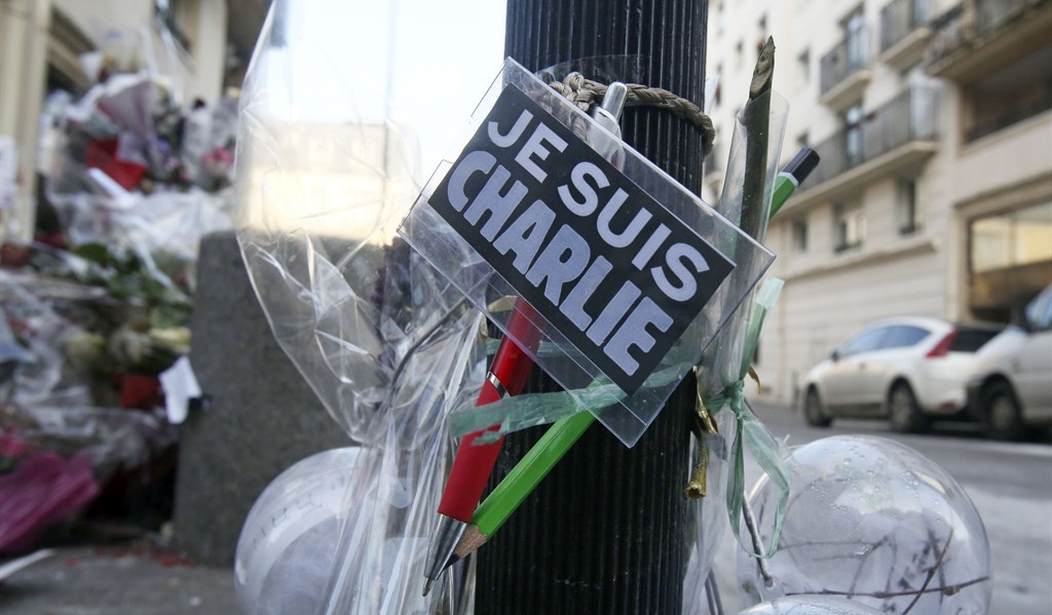
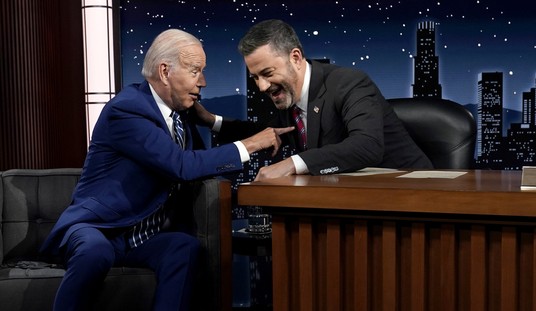
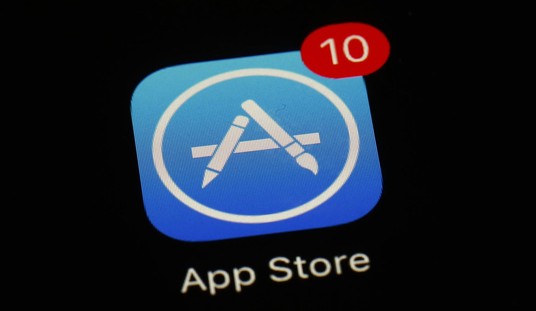

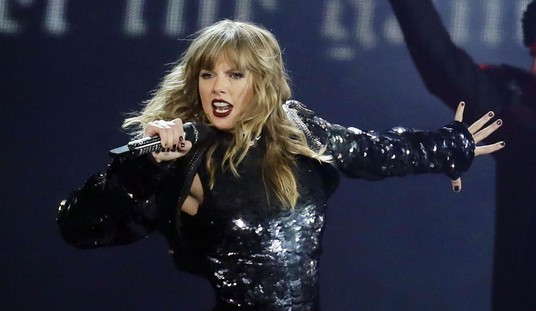
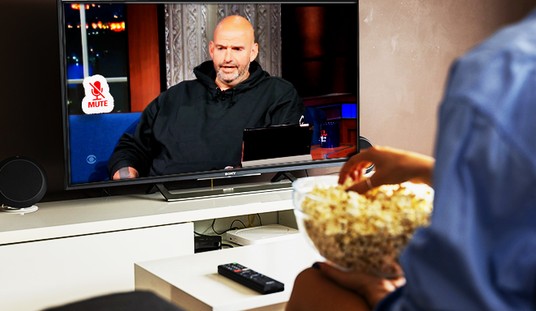


Join the conversation as a VIP Member